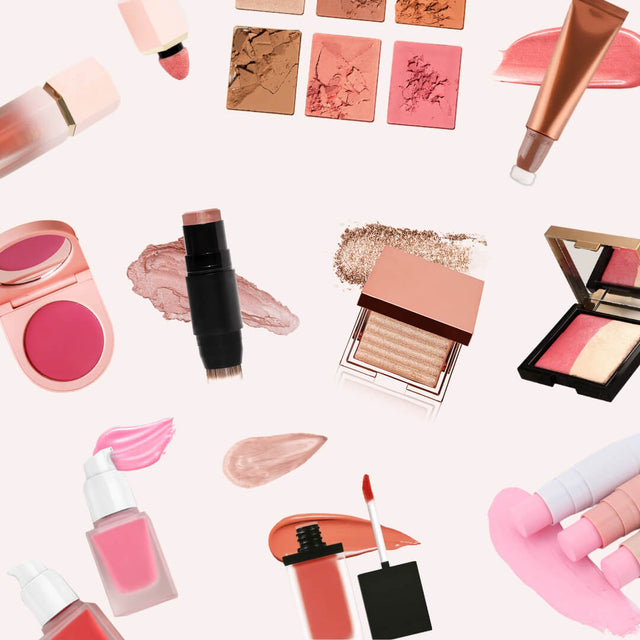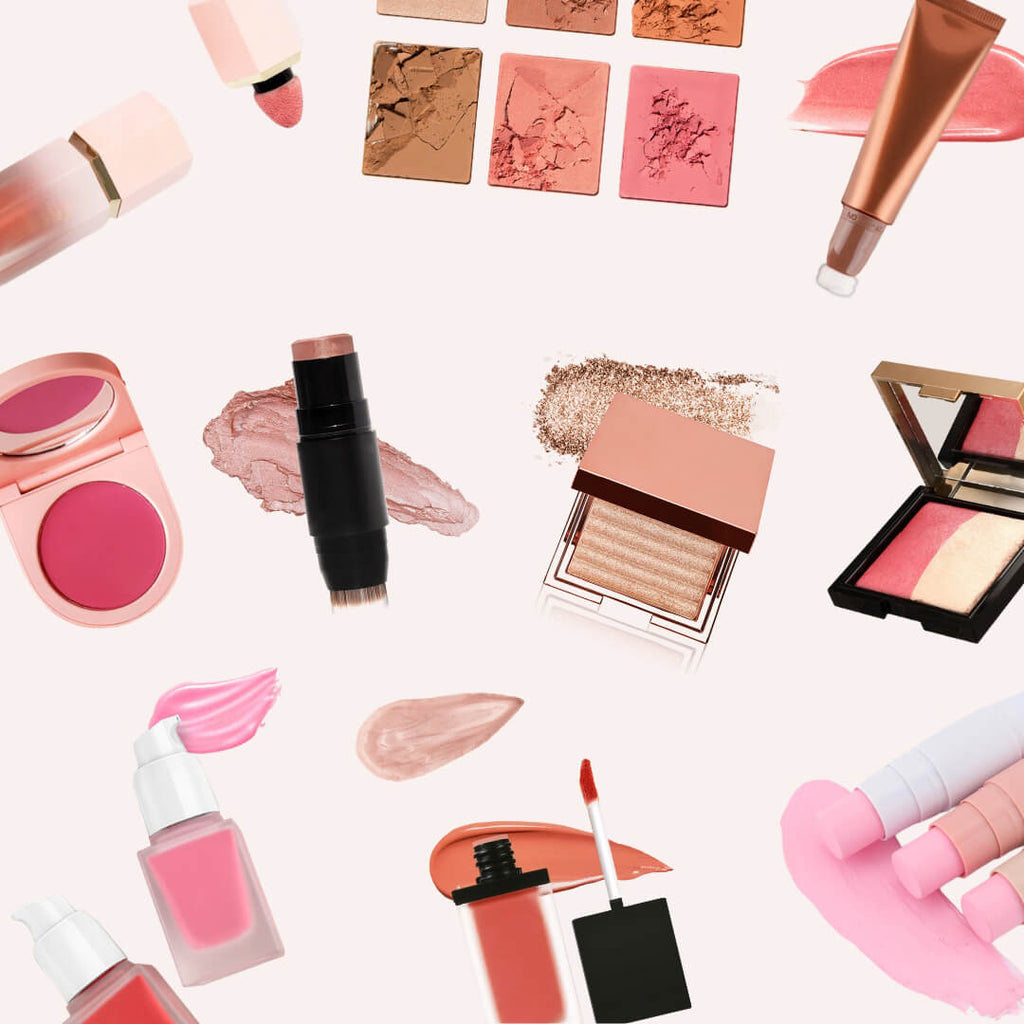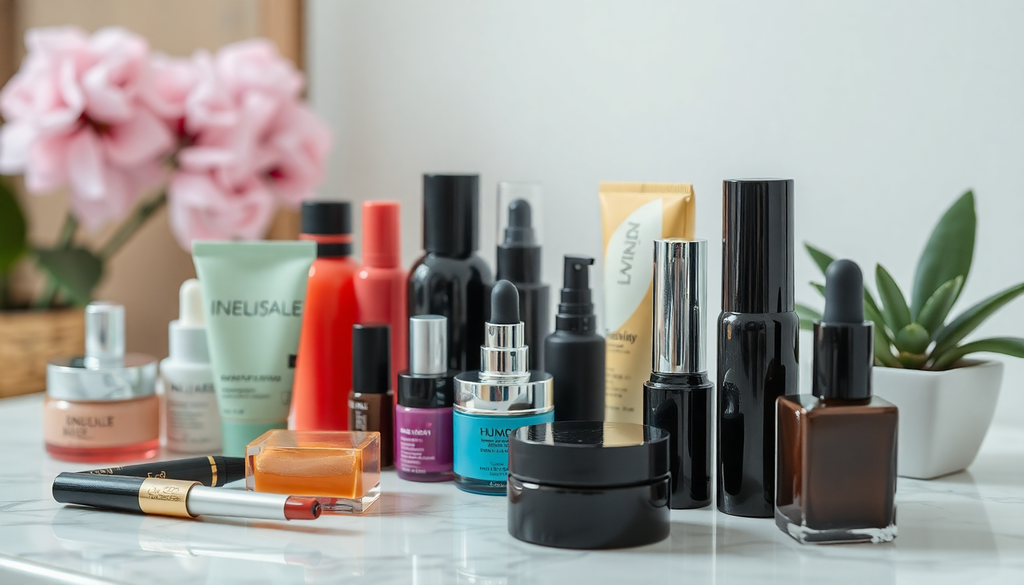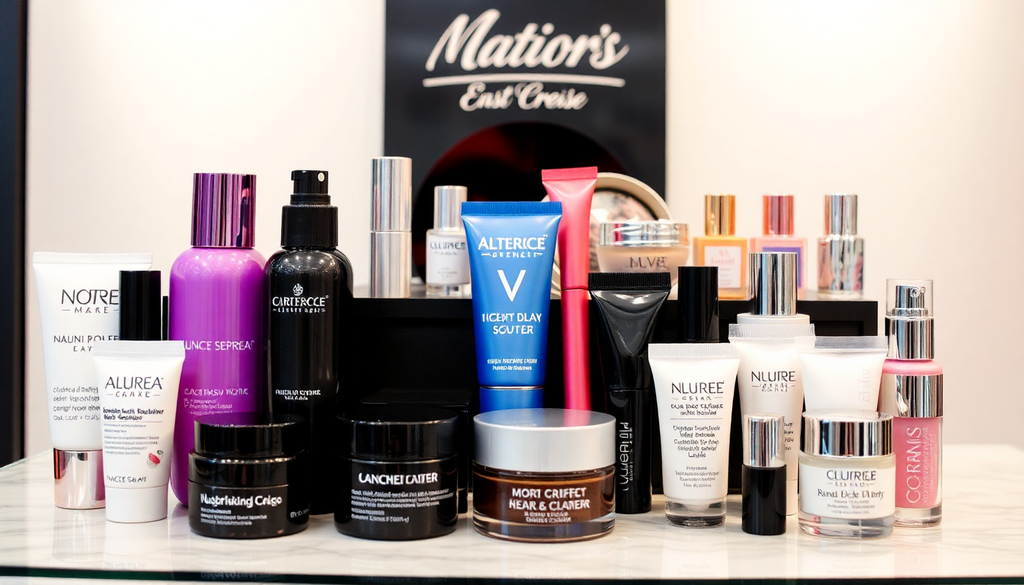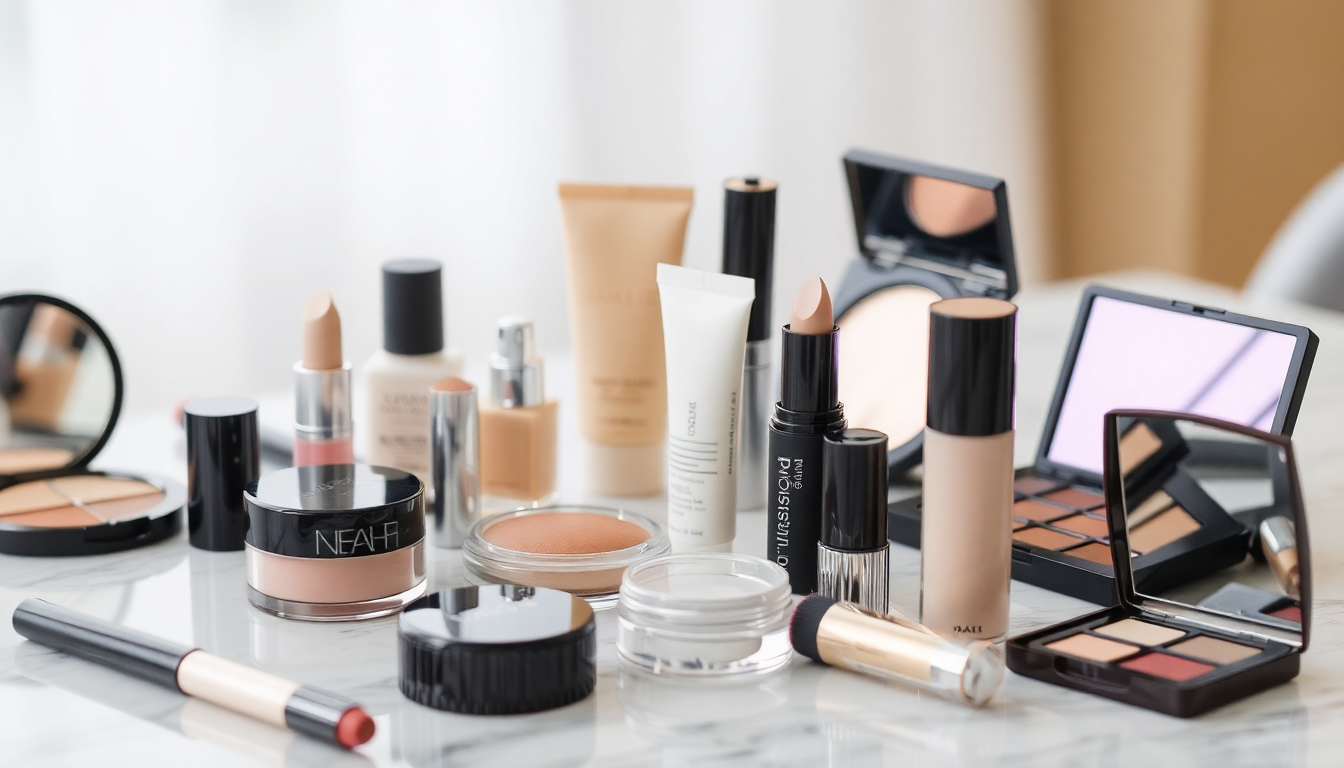
Navigating the Private Label Makeup Market: Your Ultimate Guide to Low Minimum Orders and Custom Formulations
Introduction
The private label makeup market is experiencing significant growth, driven by the increasing demand for personalized beauty products. Entrepreneurs and beauty enthusiasts can now create their own makeup brands without the constraints of massive upfront investments. This comprehensive guide will delve deep into the essentials of navigating the private label makeup market, focusing on low minimum orders and custom formulations, while providing valuable insights and actionable steps to help you launch your beauty venture successfully.
What is Private Label Makeup?
Private label makeup refers to products that are manufactured by one company and sold under another company's brand name. This business model allows brands to focus on marketing and sales while outsourcing production. Private label products are typically sold at a lower cost than branded items, making them an attractive option for new businesses.
Benefits of Entering the Private Label Makeup Market
Entering the private label makeup market comes with numerous advantages that can help your brand thrive:
- Lower Startup Costs: Private labeling eliminates the need for extensive research and development costs associated with creating products from scratch.
- Flexibility in Product Range: You can choose from various products, including skincare, cosmetics, and beauty tools, allowing you to cater to multiple segments in the beauty industry.
- Brand Customization: With private labeling, you can create a unique brand identity, including packaging, branding, and marketing strategies tailored to your target audience.
- Quality Control: You have the freedom to select manufacturers that meet your quality standards and regulatory requirements.
- Faster Time to Market: You can bring your products to market quickly, as the manufacturing process is already established.
Low Minimum Orders: What to Look For
Minimum order quantities (MOQs) can vary significantly between manufacturers. Finding suppliers with low MOQs is essential for new businesses that may not have the capital for large orders. Here are some strategies to help you find manufacturers with favorable MOQs:
- Research Diverse Suppliers: Utilize online resources and platforms that specialize in connecting brands with manufacturers to find suppliers that cater to small businesses.
- Negotiate with Manufacturers: Don’t hesitate to discuss MOQs with potential partners. Many manufacturers are willing to negotiate, especially for new brands looking to establish themselves.
- Start with Sample Orders: Before committing to larger quantities, consider placing sample orders to evaluate product quality and manufacturer reliability.
- Join Trade Shows: Attending beauty trade shows can provide you with direct access to manufacturers and the opportunity to discuss MOQs face-to-face.
Custom Formulations: Tailoring Products to Your Brand
Creating custom formulations allows your brand to stand out in a crowded marketplace. Here’s how to approach custom formulations effectively:
- Identify Your Target Audience: Conduct market research to understand your target audience’s needs, preferences, and pain points. This will guide your formulation process.
- Collaborate with Cosmetic Chemists: Partner with experienced cosmetic chemists who can bring your vision to life. They can help you create high-quality formulations that are safe and effective.
- Focus on Ingredient Transparency: Today’s consumers value transparency. Ensure your formulations include safe, ethically sourced ingredients, and communicate this to your customers.
- Iterate Based on Feedback: Conduct focus groups or surveys to gather feedback on your formulations. Use this information to refine your products before the official launch.
Choosing the Right Manufacturer
Finding the right manufacturer is one of the most critical steps in launching your private label makeup brand. Here are some essential factors to consider:
- Reputation and Reliability: Research the manufacturer’s reputation by reading reviews, testimonials, and case studies. A reliable partner is crucial for your brand’s success.
- Manufacturing Capabilities: Ensure the manufacturer can produce the specific products you have in mind, including the ability to accommodate custom formulations.
- Regulatory Compliance: Verify that the manufacturer adheres to industry regulations and safety standards. Compliance is vital for building trust with your customers.
- Communication and Support: Choose a manufacturer that values communication and offers support throughout the production process. A responsive partner can help resolve issues quickly.
Branding and Packaging Strategies
Once your products are ready, effective branding and packaging are vital for standing out in the marketplace. Consider the following:
- Consistent Brand Identity: Develop a cohesive brand identity that reflects your values and appeals to your target audience. This includes your logo, color palette, and overall aesthetic.
- Innovative Packaging: Invest in high-quality, visually appealing packaging that enhances the customer experience and conveys the essence of your brand.
- Sustainable Options: Consider eco-friendly packaging options. Today’s consumers are increasingly conscious of sustainability, and incorporating this into your brand can attract a loyal customer base.
- Clear Product Information: Ensure your packaging includes clear information about the product, including ingredients, usage instructions, and benefits.
Marketing Your Private Label Makeup Brand
Once your products are produced and packaged, it’s time to market your brand effectively. Here are several strategies to consider:
- Social Media Marketing: Utilize platforms like Instagram, TikTok, and Pinterest to showcase your products, engage with potential customers, and build a community around your brand.
- Influencer Collaborations: Partner with beauty influencers to leverage their audience and increase brand visibility. Influencer marketing can significantly impact purchasing decisions.
- Content Marketing: Create valuable content that resonates with your target audience, such as tutorials, blog posts, and product reviews. This helps establish your brand as an authority in the beauty industry.
- Email Marketing: Build an email list and send regular newsletters featuring product launches, promotions, and beauty tips. This keeps your audience engaged and informed.
Building Customer Loyalty
Once you have established your brand, it is essential to focus on building customer loyalty. Here are some effective strategies to consider:
- Exceptional Customer Service: Provide outstanding customer service by responding promptly to inquiries and addressing customer concerns. A positive experience can lead to repeat purchases.
- Loyalty Programs: Implement loyalty programs that reward customers for repeat purchases. This encourages them to choose your brand over competitors.
- Engage with Your Community: Foster a sense of community around your brand by engaging with customers on social media, soliciting feedback, and encouraging user-generated content.
Challenges in the Private Label Makeup Market
While the private label makeup market offers exciting opportunities, it is not without challenges. Here are some common pitfalls to be aware of:
- Quality Control Issues: Poor quality products can damage your brand’s reputation. It’s essential to establish stringent quality control measures with your manufacturer.
- Market Saturation: The beauty industry is highly competitive. Differentiating your brand through unique formulations and effective marketing is crucial.
- Regulatory Compliance: Failing to adhere to industry regulations can result in fines and product recalls. Stay informed about the latest regulations in the beauty industry.
Conclusion
Navigating the private label makeup market can be a fulfilling journey for aspiring entrepreneurs. By understanding the importance of low minimum orders and custom formulations, along with effective branding and marketing strategies, you can position your brand for success. Take the time to research, connect with reliable manufacturers, and create products that resonate with your target audience. The beauty industry is ripe with opportunity—start your journey today and bring your unique vision to life!

